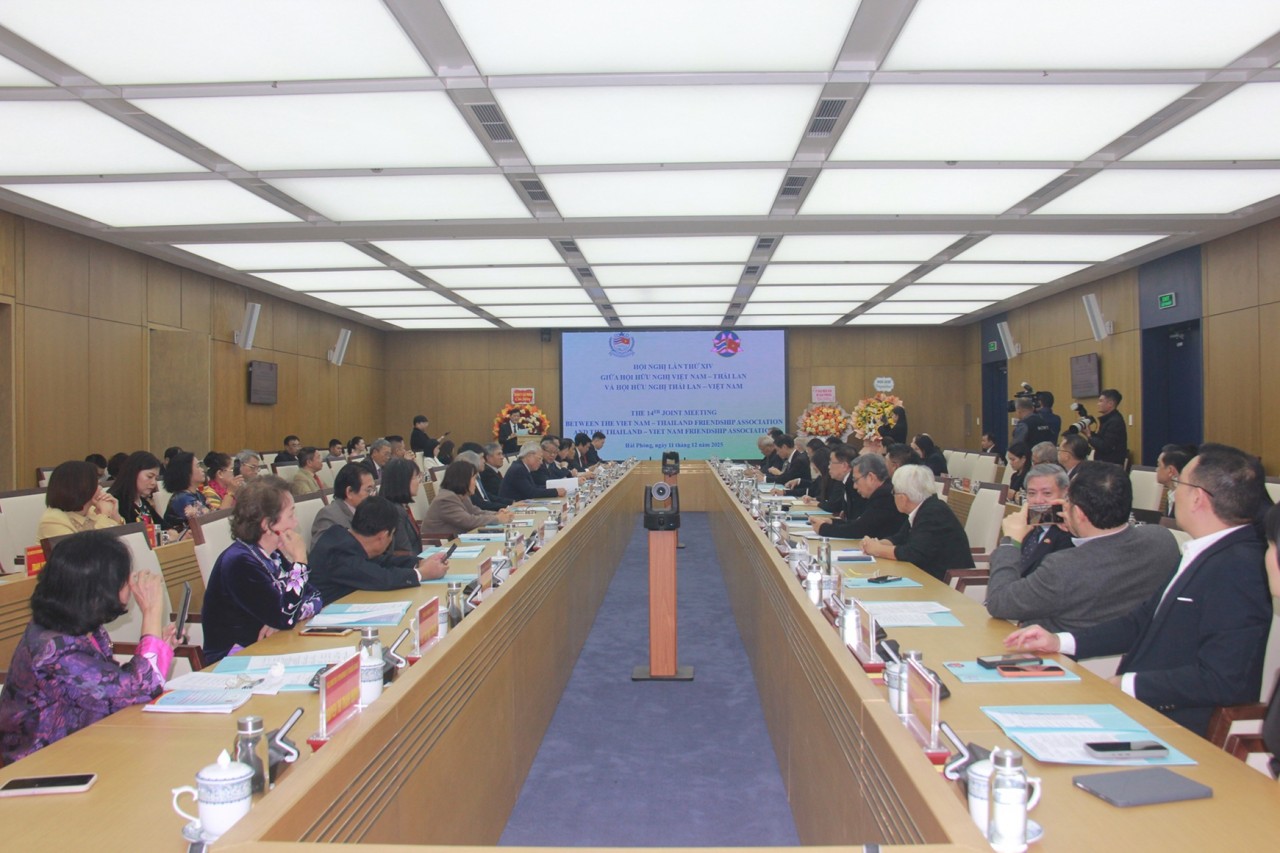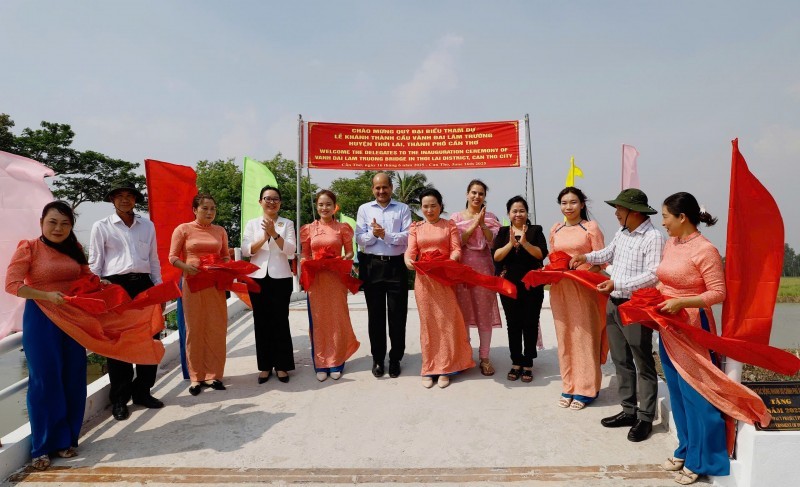Vietnam Is a Dynamic Country in Multilateral Diplomacy
| Vietnam's Impressive Multilateral Diplomacy in Human Rights | |
| Hanoi Convention: A Milestone in Multilateral Diplomacy |
In an interview with a Vietnam News Agency (VNA) correspondent in Australia on the 80-year journey since gaining independence following the August Revolution of 1945 and the establishment of the Democratic Republic of Vietnam (now the Socialist Republic of Vietnam) (September 2, 1945 - September 2, 2025), Professor Carl Thayer noted that Vietnam has made decisive transformations, gradually affirming its role and position on the international stage. This is evident through its economic liberalization, participation in the Association of Southeast Asian Nations (ASEAN), the Asia-Pacific Economic Cooperation (APEC), the World Trade Organization (WTO), and the signing of multiple free trade agreements.
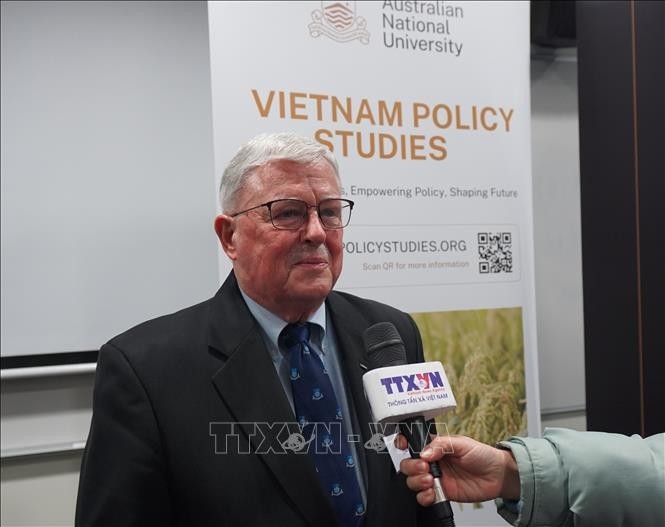 |
| Professor Carl Thayer, a leading Vietnam expert at the Australian Defence Force Academy, University of New South Wales, in an interview with VNA. (Photo: Van Linh/VNA in Australia). |
Professor Carl Thayer observed that Vietnam is increasingly demonstrating confidence in promoting multilateralism and expanding strategic partnerships, especially comprehensive strategic partnerships. At the same time, Vietnam has gradually engaged in and contributed actively to international institutions, notably serving twice as a non-permanent member of the United Nations Security Council (UNSC).
He expressed admiration for Vietnam’s emphasis on human resource development, particularly domestically, with a growing number of highly educated individuals. According to him, under the leadership of General Secretary To Lam, the state apparatus is undergoing accelerated restructuring to enhance operational efficiency. In the realm of foreign affairs, Vietnam has built a professional diplomatic corps and a strong global information network through the presence of media organizations such as VNA, the Voice of Vietnam, and many others, while also prioritizing foreign language training to strengthen communication and international integration.
In Professor Thayer’s view, Vietnam is a dynamic country pursuing a robust policy of cultural diplomacy and multilateral engagement while maintaining warmth and hospitality. These qualities have yielded many benefits for Vietnam, including a significant boost to the tourism sector.
According to Professor Thayer, prior to the Doi Moi (Renewal) period, Vietnam faced a severe crisis as the centrally planned economic model led to shortages of goods and lack of business incentives. However, after opening up, Vietnam gradually removed these “barriers,” and positive signs began to emerge. Family businesses and private enterprises started contributing to the economy, although it took years for their pivotal role to become recognized.
He emphasized that Doi Moi was the first turning point that truly opened Vietnam to change. From 1989 onwards, tangible results became evident, most notably a sharp reduction in poverty rates thanks to domestic efforts and support from international friends. In addition, Vietnam achieved significant social progress, including promoting social justice, gender equality, and caring for ethnic minorities. These are remarkable achievements, according to Professor Thayer.
Commenting on Vietnam’s identification of the rule-of-law system, innovation and science–technology, international integration, and private-sector development as the “four pillars” in its "rising era,” Professor Thayer assessed this as a completely correct direction. However, he stressed that Vietnam must continue efforts to make institutions operate more effectively, particularly in decision-making and resource allocation. At the same time, it needs to capitalize on relationships with partners - especially comprehensive strategic partners - to vigorously promote science and technology, innovation, the digital economy, and workforce training. Professor Thayer predicted that in the near future, Vietnam’s private sector will experience a boom, with businesses becoming increasingly specialized and diversified, making substantial contributions to the country.
Professor Thayer also reiterated President Ho Chi Minh’s teaching: Vietnam must rely on its own strength and befriend all nations. Over the past 80 years, Vietnam has steadfastly adhered to this guidance, achieving numerous accomplishments and becoming a trusted and responsible partner on the international stage.
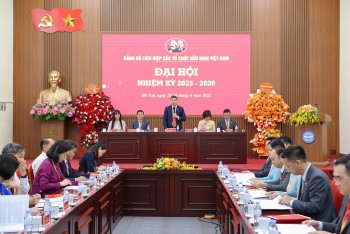 | Innovate, Professionalize, and Create a Courageous, Modern, and Effective People-to-people Diplomacy The Party Committee of the Viet Nam Union of Friendship Organizations will continue to innovate, professionalize, mobilize the society to participate and create a brave, ... |
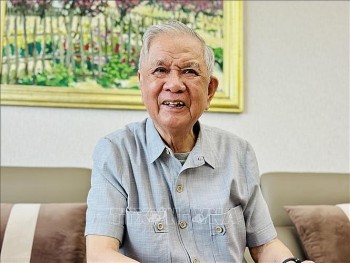 | Former Minister of Foreign Affairs Nguyen Dy Nien: Proud of Vietnam’s Standing on International Stage The exciting and joyful atmosphere can be witnessed across the country with activities to celebrate the 80th anniversary of the August Revolution and National Day ... |
Recommended
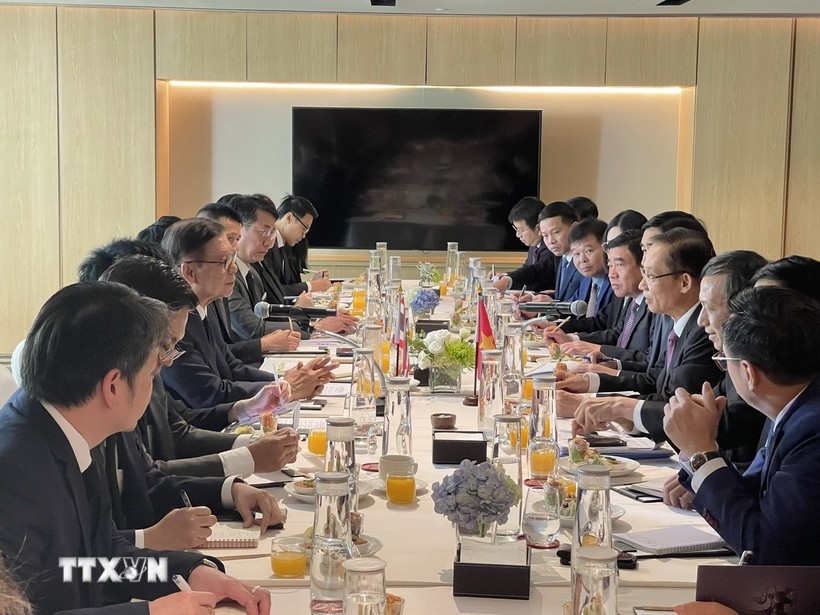 Friendship
Friendship
Vietnam Ready to Contribute Actively to Efforts to Maintain Regional Peace
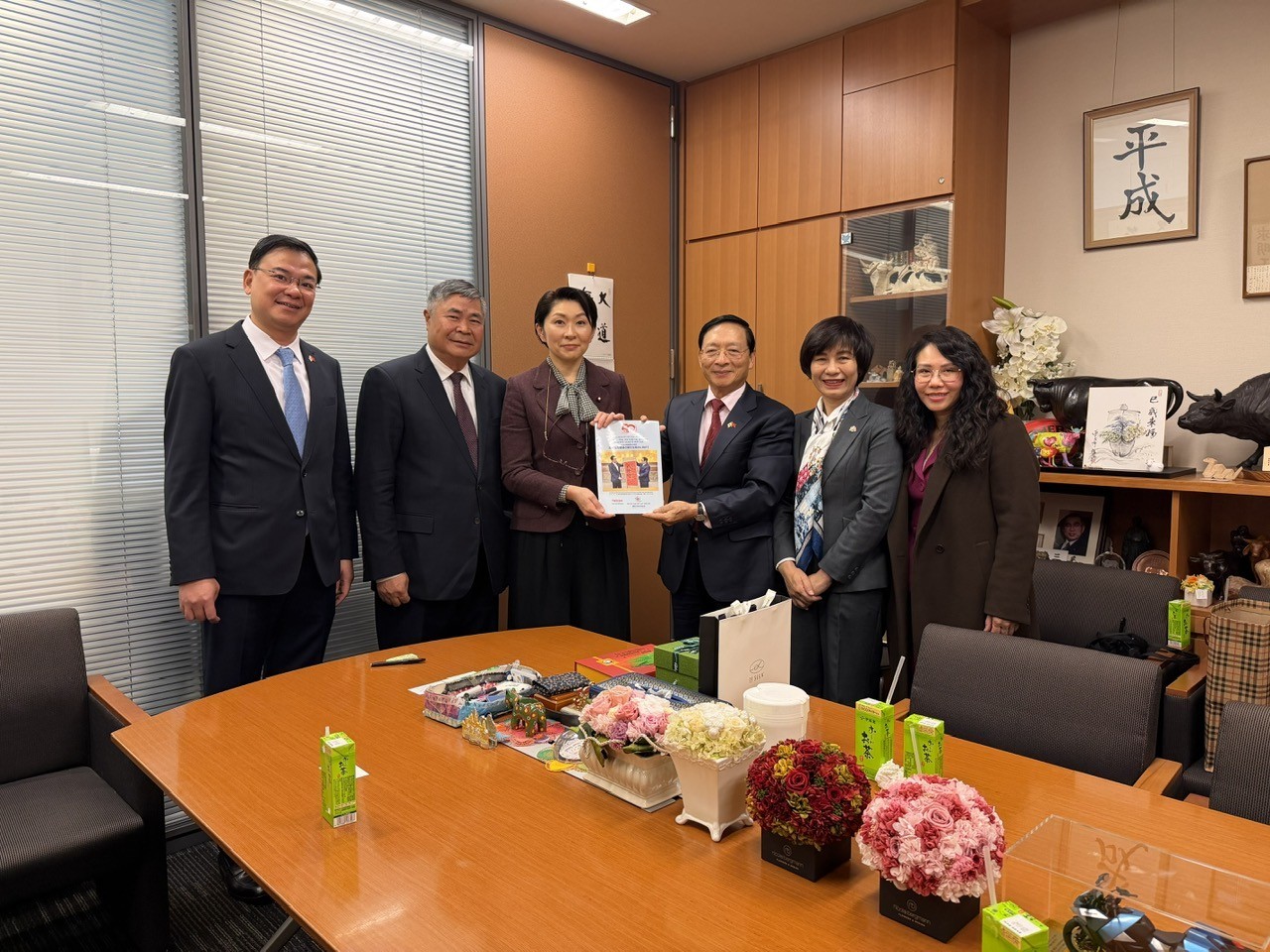 Friendship
Friendship
Vietnam-Japan Friendship Association Enhances Engagement with Partners in Japan
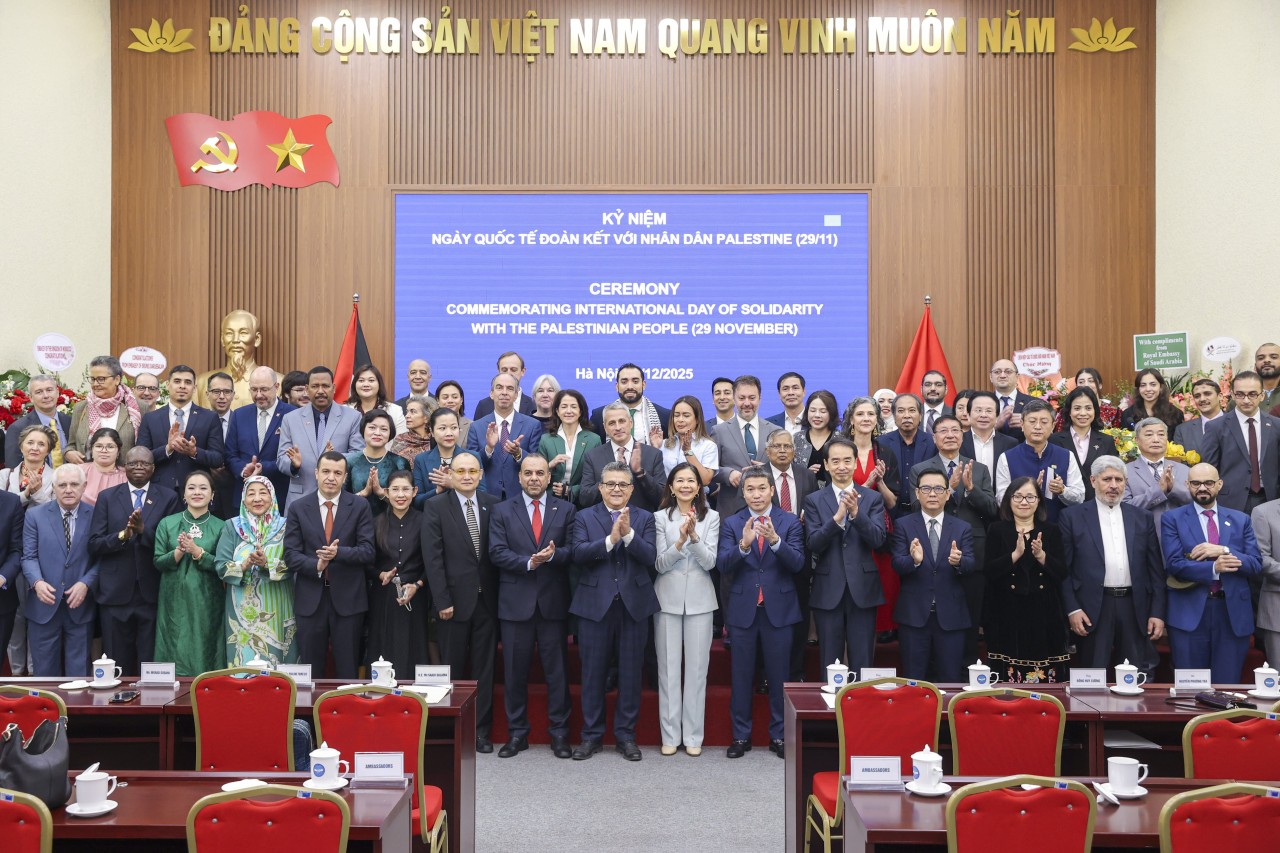 Focus
Focus
Vietnam Affirms Its Consistent Stance in Supporting Palestinian People for Peace and Freedom
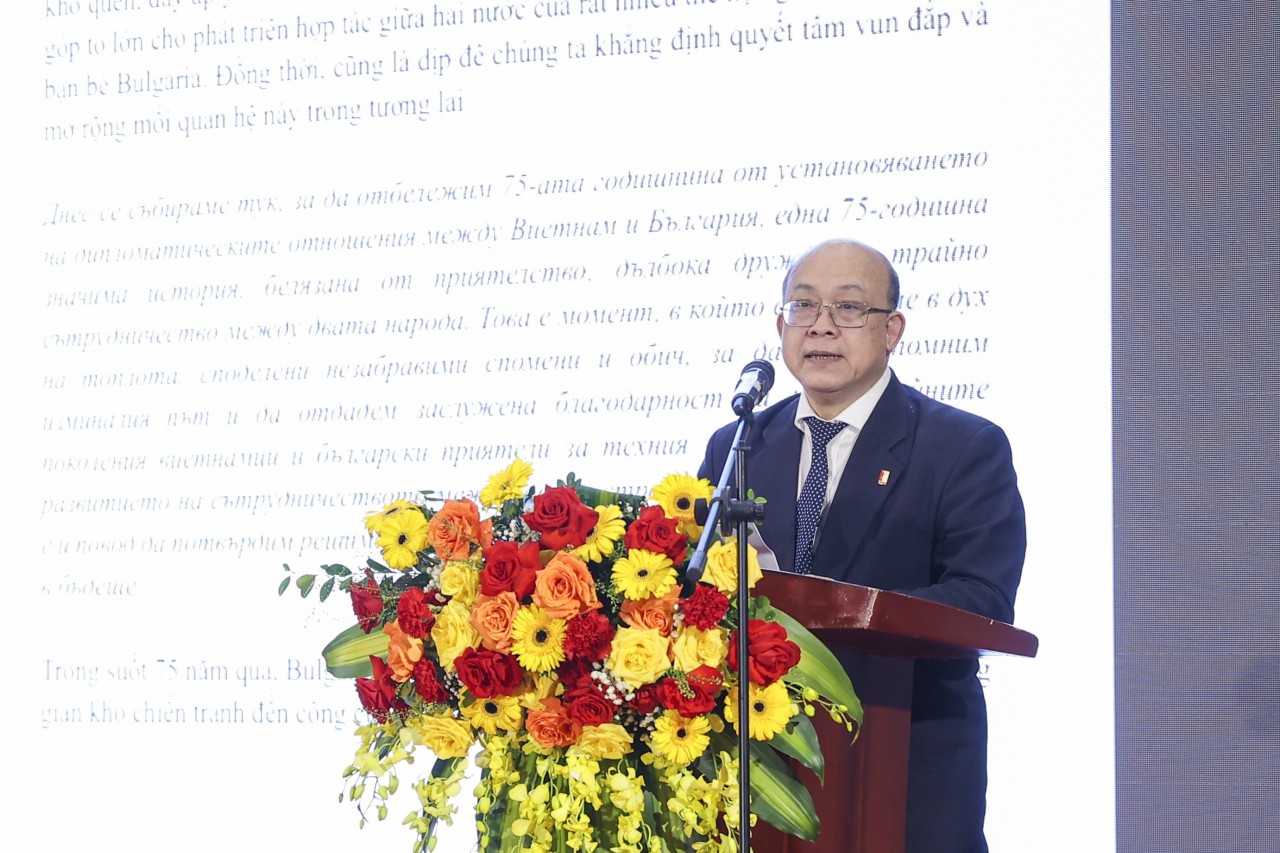 Friendship
Friendship
Strengthening Vietnam-Bulgaria Friendship
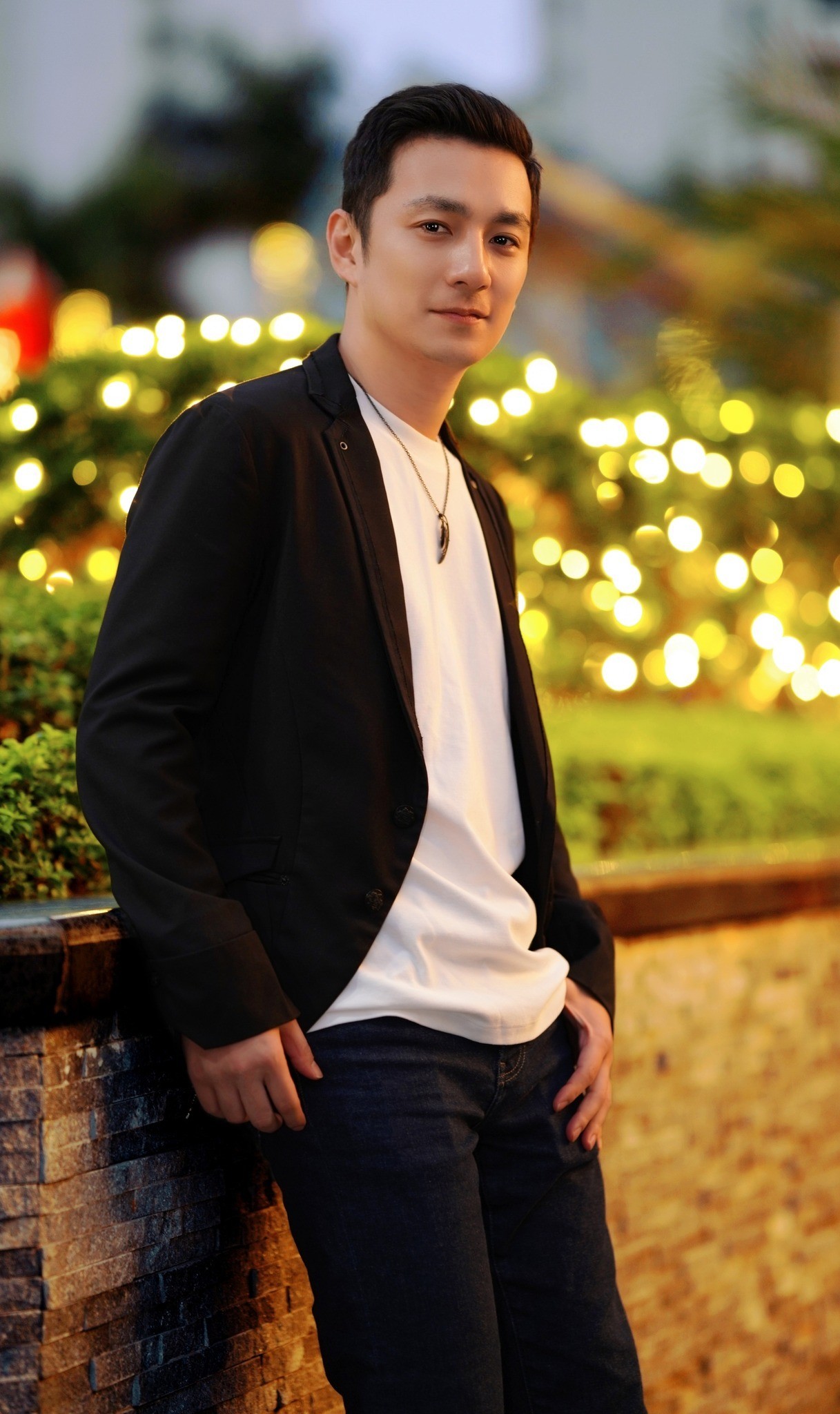 Friendship
Friendship
Kaneya Manabu and His Journey to Discover Viet Nam Through the Vietnamese Language
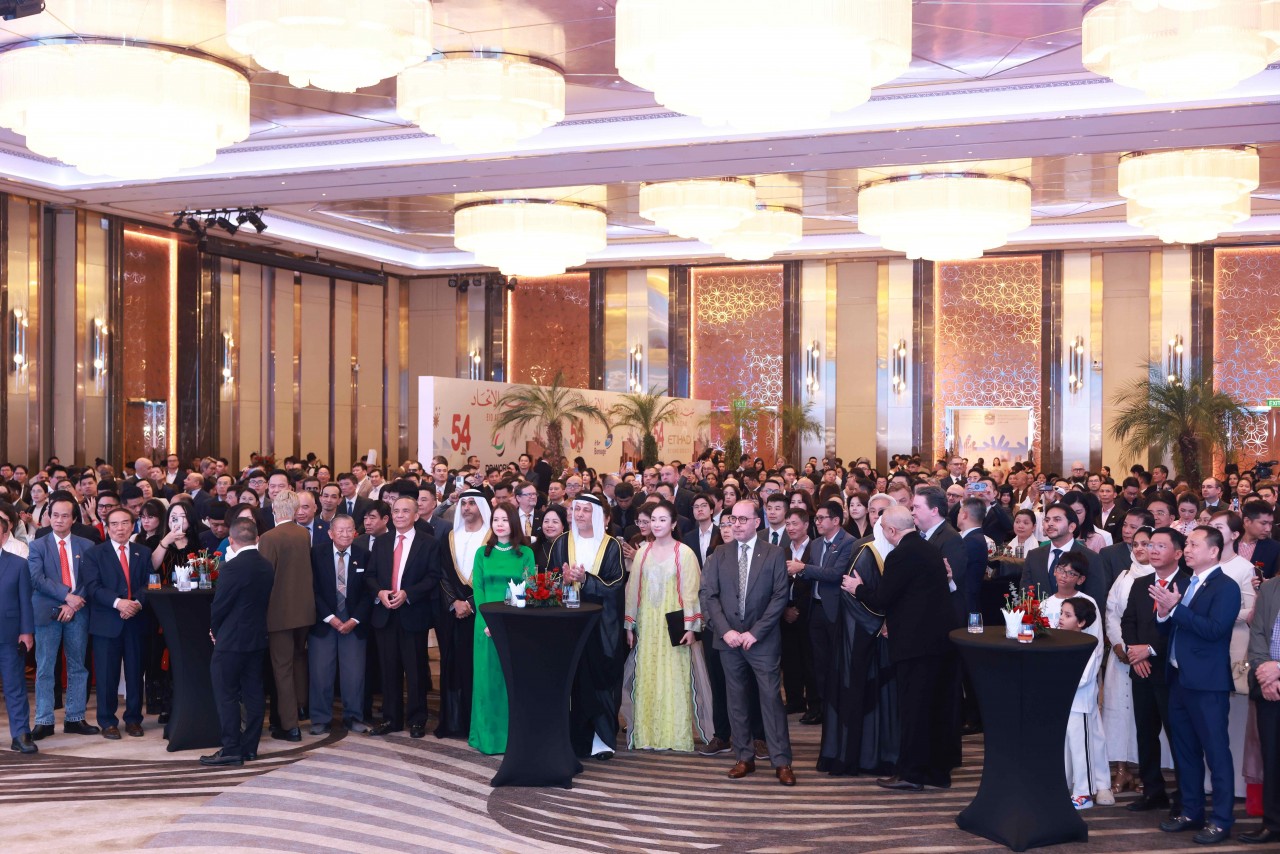 Friendship
Friendship
Viet Nam-UAE: Key Advances in Tourism, Culture, and People-to-people Exchanges
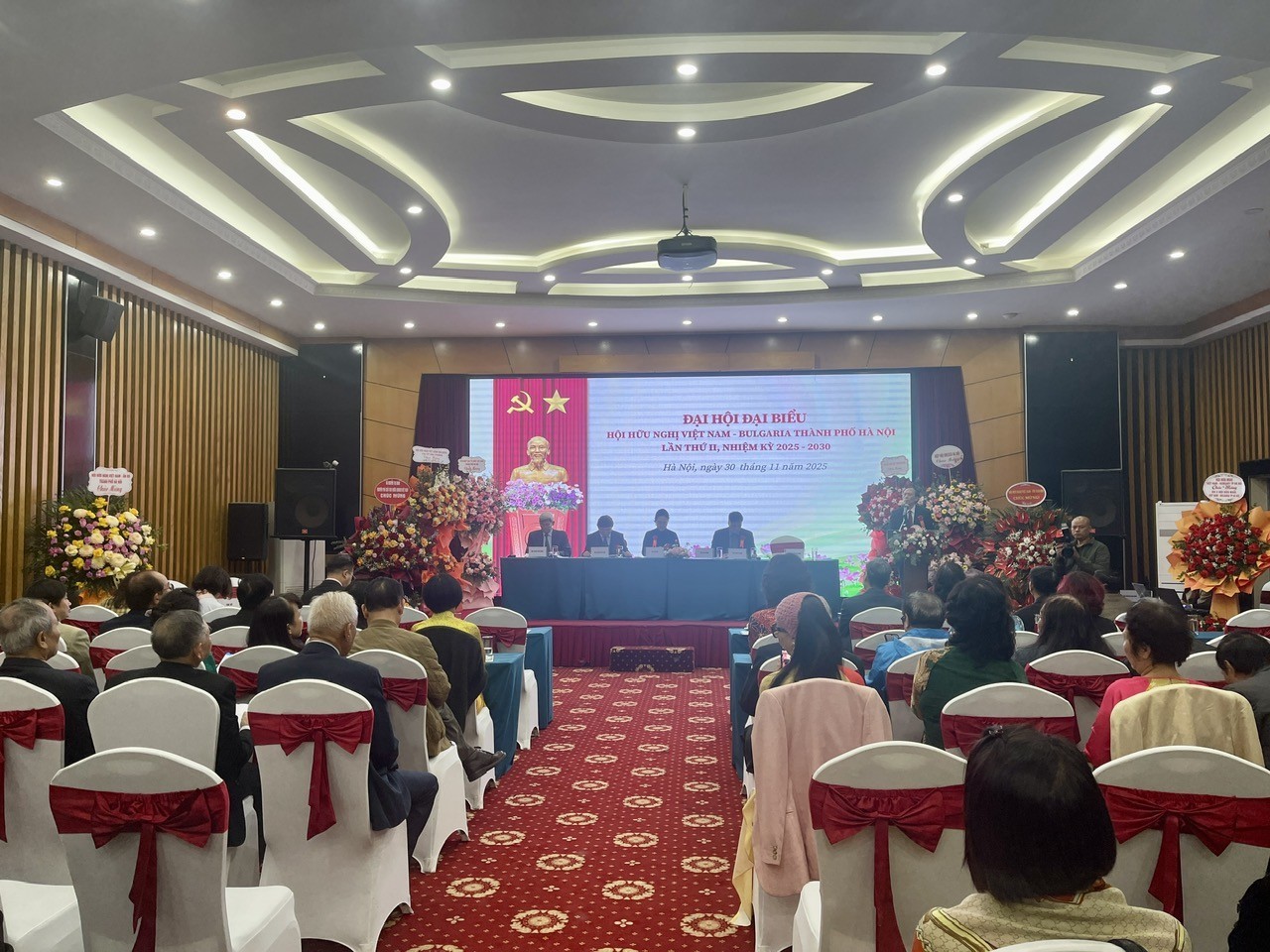 Friendship
Friendship
Strengthening Traditional Friendship Between Vietnam and Bulgaria
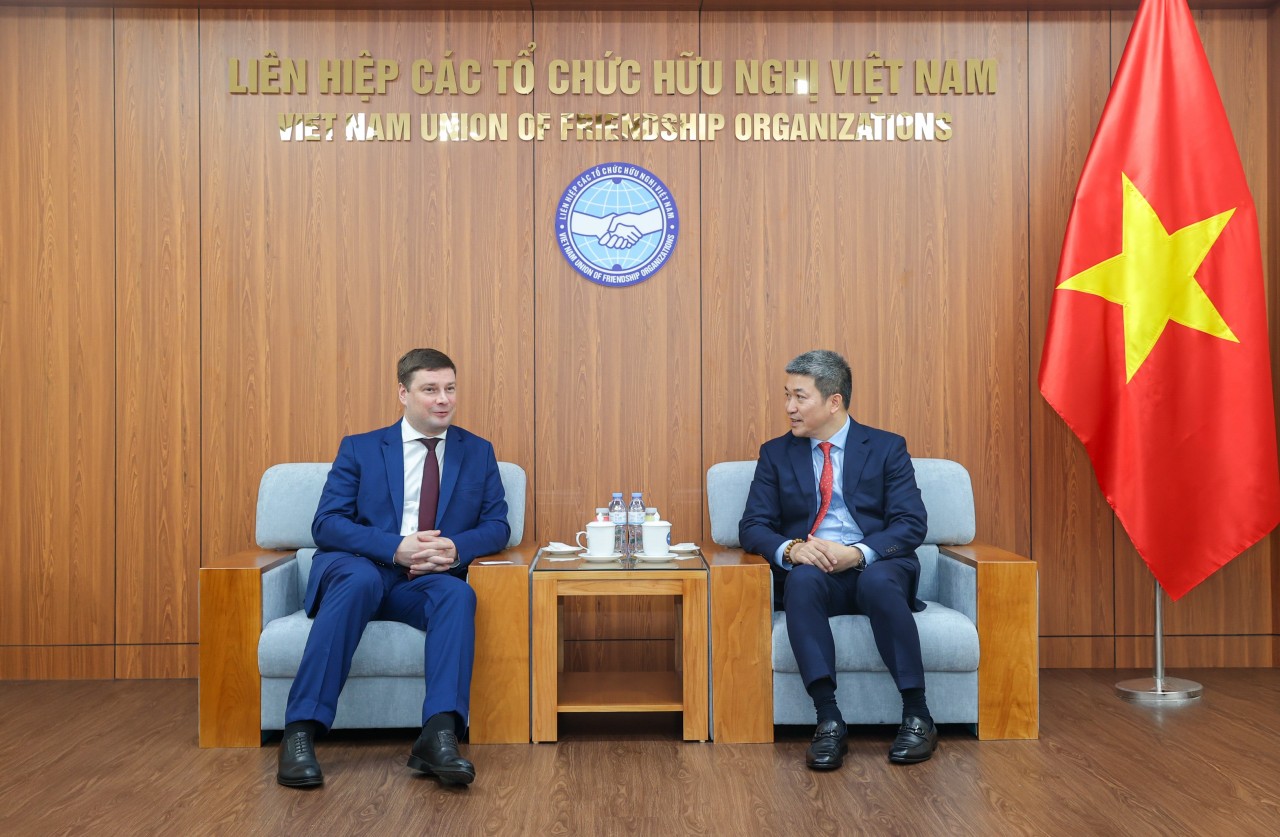 Friendship
Friendship

